Karan Johar is one of Bollywood's most celebrated personalities. Starting as a filmmaker, the acclaimed director has branched out into many other avenues of the industry that has brought him massive commercial and critical success.
The focus of this Spotlight feature is Bollywood director Karan Johar.
![]()
Karan Johar is no stranger to Bollywood having, quite literally grown up in the industry. There is no humble beginnings story here, as he can be considered very much an insider into the industry. Born to Bollywood film producer Yash Johar, Karan has been able to carve out a huge chunk of Bollywood for himself with his movies, personality, as well as connections within the industry.
Having been raised in the Bollywood industry, Johar's takes full advantage of his associations, both professional and personal, to further his brand of filmmaking, and his own personal brand in general. More recently, he's been accused of being the flag bearer of nepotism, an accusation that does have some validity, as we'll explore later on. Unlike the other celebrities in our Spotlight feature, Johar has had much access to the film industry his entire life, making his eventual massive success in that very same industry, kind of expected.
The Director
Karan Johar's presence in the film industry was first felt in 1995 on a movie that is heralded as a landmark film in Bollywood history; 'Dilwale Dulhania Le Jayenge'. While Johar also assisted the then debut filmmaker Aditya Chopra (incidentally, his cousin) on the film, he also had a small starring role as the nerdy friend to Shah Rukh Khan's character. Johar also helped choose the costumes for Khan's character given their friendship, and by doing so, entered another arena of filmmaking that he would later become very involved in.
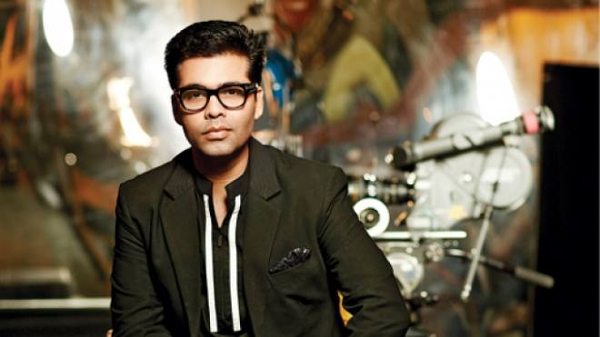
The film itself became a massive blockbuster, and is revered even today. Three years later in 1998, Karan Johar would debut as a director with the popular film 'Kuch Kuch Hota Hai', ('KKHH') which also saw the acting debut of Rani Mukherji. (his now cousin sister-in-law)'KKHH' went on to become one of the most successful Bollywood movies of all time, with much of its influence bleeding into pop culture, fashion, and various facets of the everyday urban Indian lifestyle. The film will even see an animated re-imagining starring talking animals in 'Koochie Koochie Hota Hai'.
Looking back, the film about friendships can really be seen as Johar drawing from his own well of experience with the intimate and infamous friendships he himself has in the Bollywood industry. Johar's loyalty to his co-stars, co-producers and personal friends is often reflected in the people he chooses to work with, and can clearly be seen as the influence of his debut film.
'KKHH' was so incredibly popular that he became the most sought after director in the industry, however, with his own production company at his disposal, Johar began creating his own film empire in Bollywood.

Karan Johar's friendship with Shah Rukh Khan, over the years
His second movie further built on the populist genre of films that featured the three things that Johar will eventually become known for in his early days as a director: nationalistic values, Non Resident Indian characters and upper middle class atmosphere that fed into the audience's need for escapism. Realism was not thing that Karan Johar movies featured.
'Kabhi Khushi Kabhie Gham' ('K3G') was a film that captured the audience's need to laugh, cry and live vicariously through the completely hysteric lives of its characters. The film acted as an homage to the parental relationships that Johar himself no doubt embodies in his own life. A story about the conflict between a father and son, and how pride and ego get in the way of a loving relationship that is often taken for granted in South Asian culture. On top of choosing a subject that is universally relatable, the film was an even bigger success, due to its massive star-cast. Featuring both up and coming actors like Kareena Kapoor and Hrithik Roshan, favourite reigning superstars like Shah Rukh Khan and Kajol, and yesteryear legends like Amitabh and Jaya Bachchan, in what was considered a massive casting coup at the time.
The film's real life influence can be seen in Johar's own relationship with his parents. All his films feature a dedication to his late father, and his very close relationship with his mother is something the director often leans on and discusses in public. More recently, Johar himself has become a single father of a set of twins through surrogacy, no doubt to pass on those same values to his own children.

Karan Johar with his late father, Yash Johar
The trend of more serious and mature films made by Johar started with only his third film in 'Kabhi Alvida Na Kehna' ('KANK'). The film, starring his favourites, Shah Rukh Khan and Rani Mukherji, also saw Abhishek Bachchan and Priety Zinta, in a story about the frustration of unsuccessful relationships and marital infidelity. It was a sort of curve ball from Johar for his audiences, who had by now, expected family friendly affairs, and not harsh truths and questionable morals depicted by their favourite stars. The film had been Johar's most mature at that time, but not without its lavishness and popular song and dance numbers to help the box office numbers.
'KANK' can be seen, in many ways, as the end of Johar's self indulgence with publicly acceptable storylines that entertained and pandered to audiences' sentiments, but rather dealing more with relationship archetypes that Bollywood hadn't seen before. Or rather, seen done well before. This is something that he would become known for in his more current Bollywood career. Challenging the status quo of what can be portrayed on screen, if not through his celebrity lifestyle, but through his films.
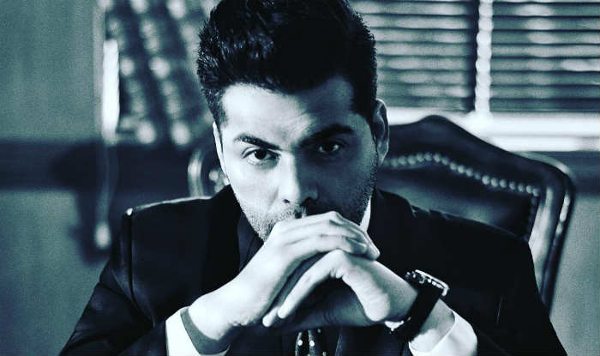
Johar's filmography continues on to a directorial venture that would be his biggest departure from his brand of filmmaking; a socially relevant film with an autistic protagonist, dealing with terrorism in America. 'My Name Is Khan' ('MNIK') was by all regards a risky venture for almost everyone involved. The director's favourite prodigy Shah Rukh Khan would return, co-starring with Kajol, as a Muslim family man with Asperger's Syndrome who is directly affected in a post 9/11 world and his journey to prove to the world that he's not a terrorist.
The film itself was an admirable effort that attempts to show the stark nature of Muslims being victimized in USA after 9/11, through the eyes of an adult, who himself sees the world with child-like simplicity. The success of the film really was based on much watering down of certain realities, (such as the complexities of how a high functioning autistic man maintains a romantic relationship and is responsible for a family,) in exchange for the over dramatization of the premise. But everyone involved give powerful performances, and the hyperbolic nature of the story resonated with audiences during a troubling time in the world. The film also marked one of the very few instances the that the real life Muslim Khan, portrayed a Muslim main protagonist in a film.
Johar returned to glossy and mainstream filmmaking with his rehash of the college drama with 'Student Of The Year' ('SOTY') in 2012, marking the debut of a new generation of would-be stars, Alia Bhatt, (daughter of Bollywood filmmaker Mahesh Bhatt) Siddharth Malhotra and Varun Dhawan. (son of Bollywood filmmaker David Dhawan) The film can only be described as Bollywood's first Bromance movie, choosing to focus more on the platonic male relationship of the two male protagonists, than a heterosexual love-story as its main plot. 'SOTY' can be seen as the first time that Johar reflected on his previous work, while reinventing and improving upon it himself.

Following the massive mainstream success of 'SOTY', Johar experimented with a short film stint in 'Bombay Talkies' in 2013, as part of the 100 year celebration of Indian Cinema, where he directed Randeep Hooda, Rani Mukerji and Saquib Saleem, in a short segment featuring a story about a married Gay man unable to face his own sexual identity. It was quite possibly the first time that Johar was involved in anything through his work that resembled the nature of his own sexuality, which was almost an open secret in the industry by this time.
The last film that Karan Johar directed, is probably his best work to date, and once again reinvents a genre that can be considered a staple of Bollywood: the love story. The only twist is that 'Ae Dil Hai Mushkil' ('ADHM') is more of a platonic love story about two friends, than a romantic one. A film that, similar to 'KANK', divided critics and audiences.
Karan Johar is incredibly tactful as he takes the audience down familiar roads with destination that is unlike anything that has been explored in Bollywood before.
-- 'Ae Dil Hai Mushkil' Movie Review
The Filmmaker
While initially only producing his own directorial ventures, Johar eventually branched out into producing other films, to return his father's production house, Dharma Productions, to its former glory from the 70's and 80's. Starting off with 'Kal Ho Naa Ho', Johar revitalized the production house, producing and distributing films of all genres like blockbuster comedies, ('Dostana' 2008) coming of age dramas, ('Wake Up Sid' 2009) international festival favourites, ('The Lunchbox') not to mention the commercial mainstream hits like '2 States' and 'Yeh Jawaani Hai Deewani', to name a very select few.
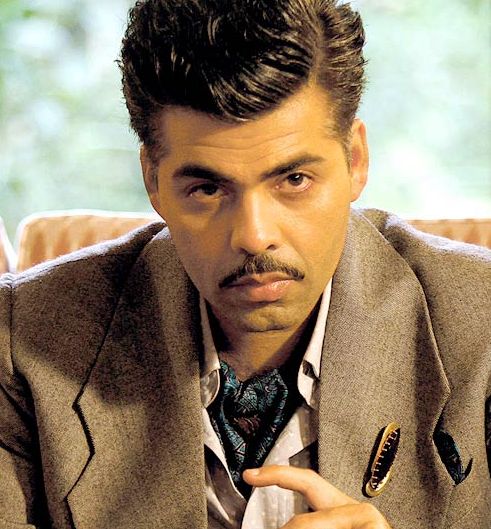
Johar has also become one of the very few filmmakers legitimizing the Bollywood film remake. Bollywood is infamous when it comes to copying or, a more apt word, plagiarizing, the films of almost every industry. However, Karan Johar, through his partnership with Fox Star India (a venture between Hollywood's 20th Century Fox and India's Star Studios) produced films that were official remakes to Hollywood hits. With films like 'We Are Family', ('Stepmom') and 'Brothers' ('Warrior') Johar successful brought an element of international film appeal to Bollywood remakes. Johar even remade his own studio's Bollywood hit 'Agneepath' in 2012 with Hrithik Roshan.
The Identity
The most controversial element of Karan Johar the celebrity, is his reported sexual identity. Throughout the years, the filmmaker has, through innuendo and jokes, implied that he is a man who identifies as being gay. However, it's an aspect of his life that's never been confirmed or denied in public. While the over all general assumption is that he is indeed gay, the director has never openly discussed it.
The most that Karan Johar has ever discussed his sexuality, is in his biography released in early 2017, entitled 'An Unsuitable Boy', where he all but confirms his sexuality, but maintains his reasoning behind never publicly discussing it.
"Everybody knows what my sexual orientation is. I don't need to scream it out. ... Which is why I Karan Johar will not say the three words that possibly everybody knows about me in any case. I've given hints."
-- 'An Unsuitable Boy'
Truth be told, the sexual orientation of director, actor, producer, writer and costume designer Karan Johar is not anybody's business. Take away all those titles, and the sexual orientation of a random man living in India should not be anyone's concern either.
However, I can completely understand the criticisms against Johar about his silence being detrimental to the plight of homosexuals in India, who are persecuted, socially and legally on a daily basis. An influential and media heavyweight such as Johar could easily shift the perception of gays and homosexuality in the country, more so than the subtle ways in which he attempts to do so himself through his work.
However, if the Pakistani Artist Ban incident was any indication, where Johar had to publicly speak out against employing a Pakistani actor in one of his films due to outside pressure and risk of losing business, then he alone may not be able to do much to influence the bigots even if he did reveal his sexuality to all.
The Personality
Of all filmmakers in Bollywood, Karan Johar can be said to be the only one with a brand name that extends beyonds his work in the film industry. He can also be considered to be the only filmmaker in Bollywood about whom the audience has intimate knowledge and one who has been in front of the camera, quite possibly as much as he has been behind it.
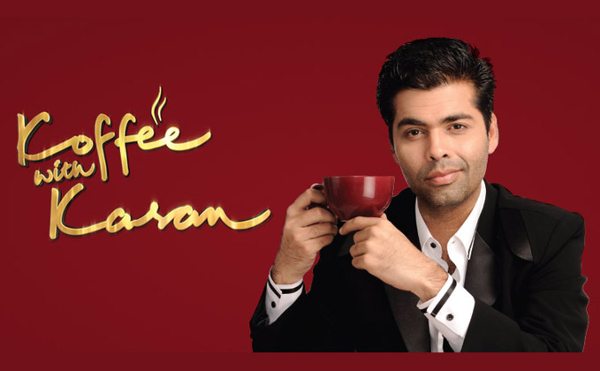
In 2004, Johar launched his own talk show entitled 'Koffee With Karan', leveraging his close relationships within the industry to provide a never before seen platform for Indian stars and celebrities to interact on a more intimate level. The show initially featured guests who were close friends of Johar's, making revelations about their personal and home lives, as well as aspects of their lives that where prior to inaccessible to general audiences. Film stars with their non-filmy spouses, power couples, best friends, family members and co-stars appeared to promote their films, but discussed almost anything but.
Johar's intimacy with his guests allowed him an access that no other TV personality has ever had to these celebrities. However, doing so also allowed the world into the type of personality that Johar himself is. 'Koffee With Karan' has currently been on the air, in sporadic format since 2004, and has become a major contributing outlet to the gossip culture that is Bollywood media.
The show has become a hot spot for personal revelations and gossip fodder, not to mention a breeding grounds for controversy within Bollywood. Furthering Johar's impact to the industry by creating an alternative press medium for stars and makers to promote and perpetuate the gossip and star culture that the industry feeds off of.
Wave The Nepotism Banner
One criticism against Johar which may be very valid, is one made very recently against him on his own show by actress Kangana Ranaut. Now, while Ranaut has recently made a name for herself for almost courting controversy, her claims here are not without merit, and deserve a conversation. Ranaut has accused Johar of being the perpetuator of nepotism within the Bollywood industry. Adding to the validity is the fact that Johar's reaction seems to be almost that of indifference when accused.
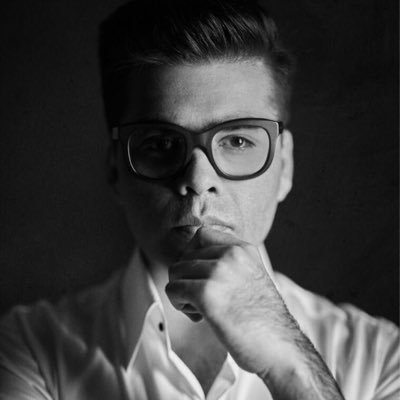
This has sparked quite the debate in Bollywood with many denying that Nepotism exists, while others cautiously aligning themselves with Ranaut's claims. This is where things get a little ridiculous, as nepotism in Bollywood is as much a staple of the industry as the song and dance numbers. Any film can be identified as being starring, produced and directed by someone's relative, without ever taking their actual names.
For example: 10 of the 15 all time highest grossing Bollywood movies globally, feature a leading man who is the son of a famous Bollywood personality. Most of Karan Johar's own family are heavyweights in the industry, welding enviable power to determine the success and failure of many of the faces that come through it.
However, Johar all but seems content to live in his bubble, surrounded by close family and friends, working with people he chooses to associate with on a personal level. And while none of that seems inherently wrong, it is a massive disservice to struggling professional who are being denied opportunity simply because the luck of the draw didn't align their social affiliations to that of existing networks within Bollywood.
And if Johar finds as general a concept as nepotism to be a cause that doesn't deserve his attention, then how can anyone expect him to raise the Pride banner and attempt to change the tide regarding a cause that should be extremely personal for him.
Karan Johar is one of the most influential filmmakers of Bollywood. His relationships formed within Bollywood directly reflect the chemistry between his stars, which always comes through on screen. However, Johar's contribution to the industry goes far beyond his movies. He has humanized and made accessible stars who were previously only seen for their on-screen personas, or represented through marketing campaigns and publicity tours. While at the same time, is responsible for contributing in the creation of an industry that is systematically insular and closed off to newcomers.
Regardless, his achievements to the Bollywood film industry are undeniable, and it's safe to say that Karan Johar can be said to have changed the landscape of India Cinema, during his career... thus far.

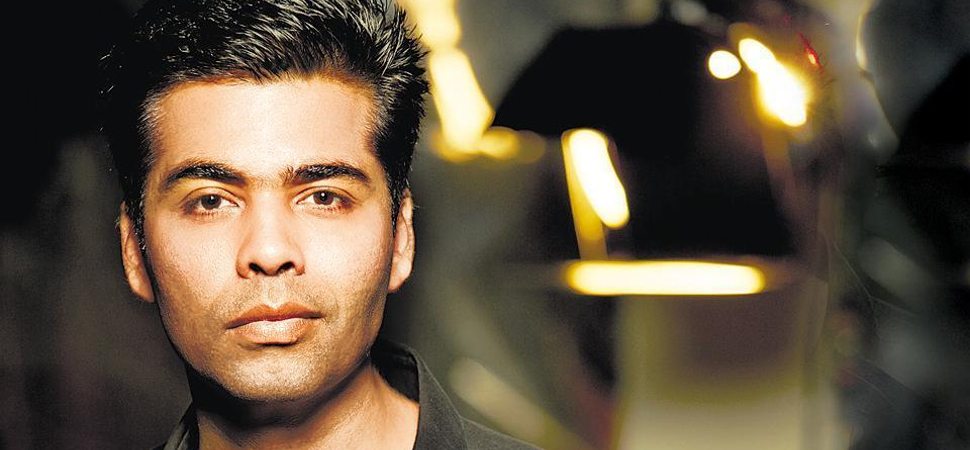

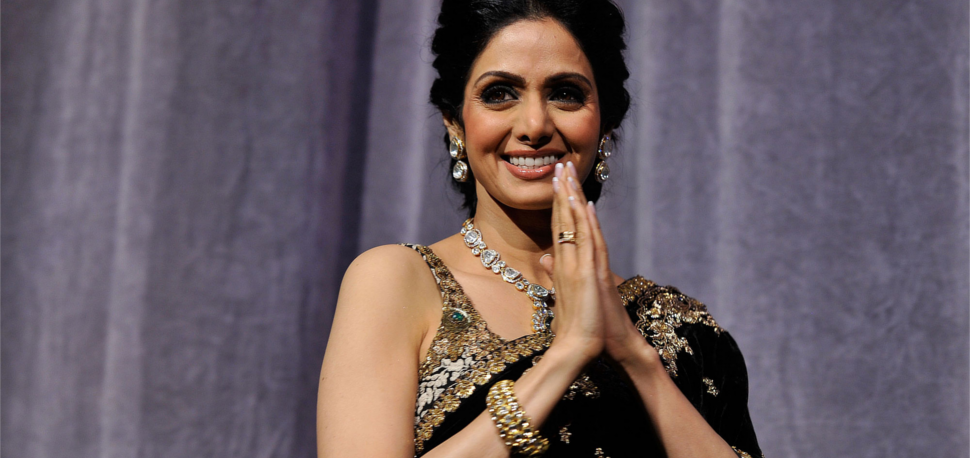



RIDDHIMAA
Howrah Bridge Pe Latakti Hui Lash
sharan
Movie Review: AE DIL HAI MUSHKIL (2016) - Bollywood's First Platonic Love Story
Sharad
Commando 2
amol
Force 2
Ultimate Free Lyrics
Rustom